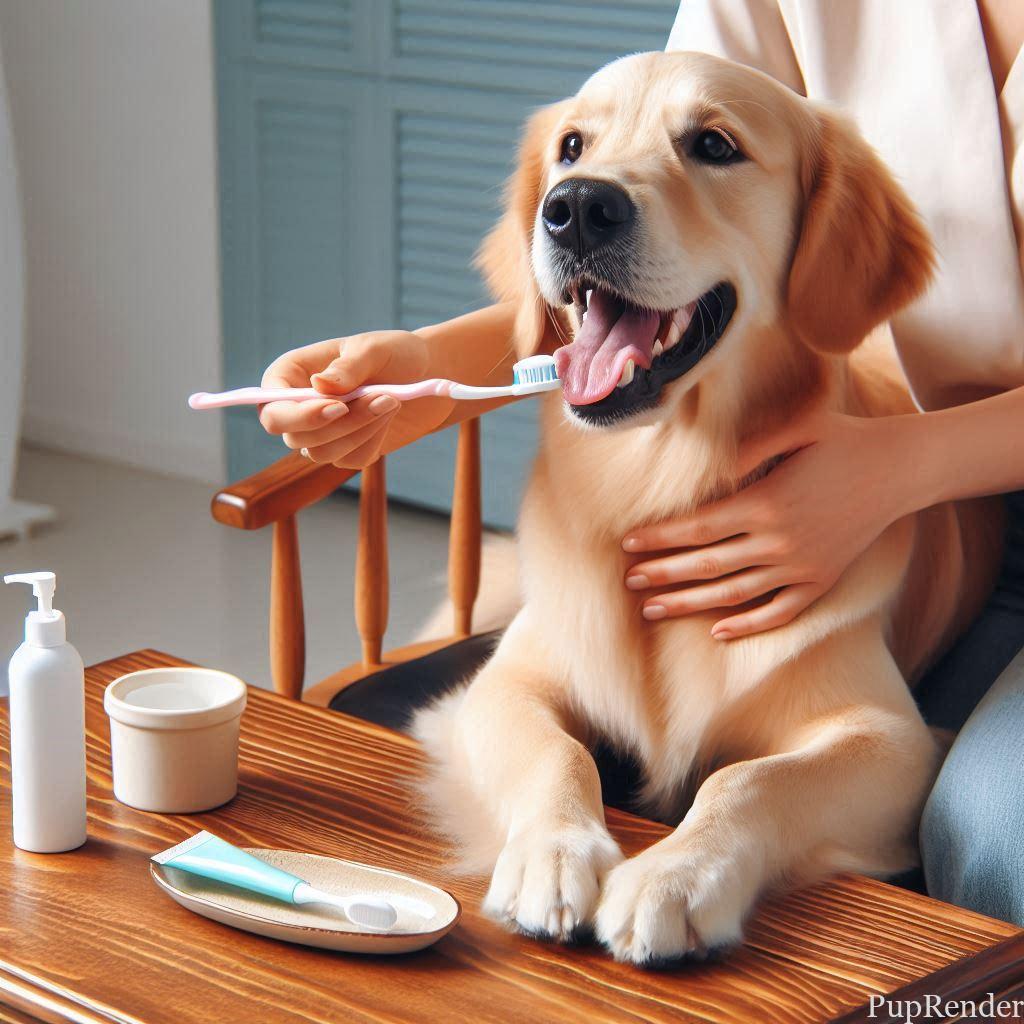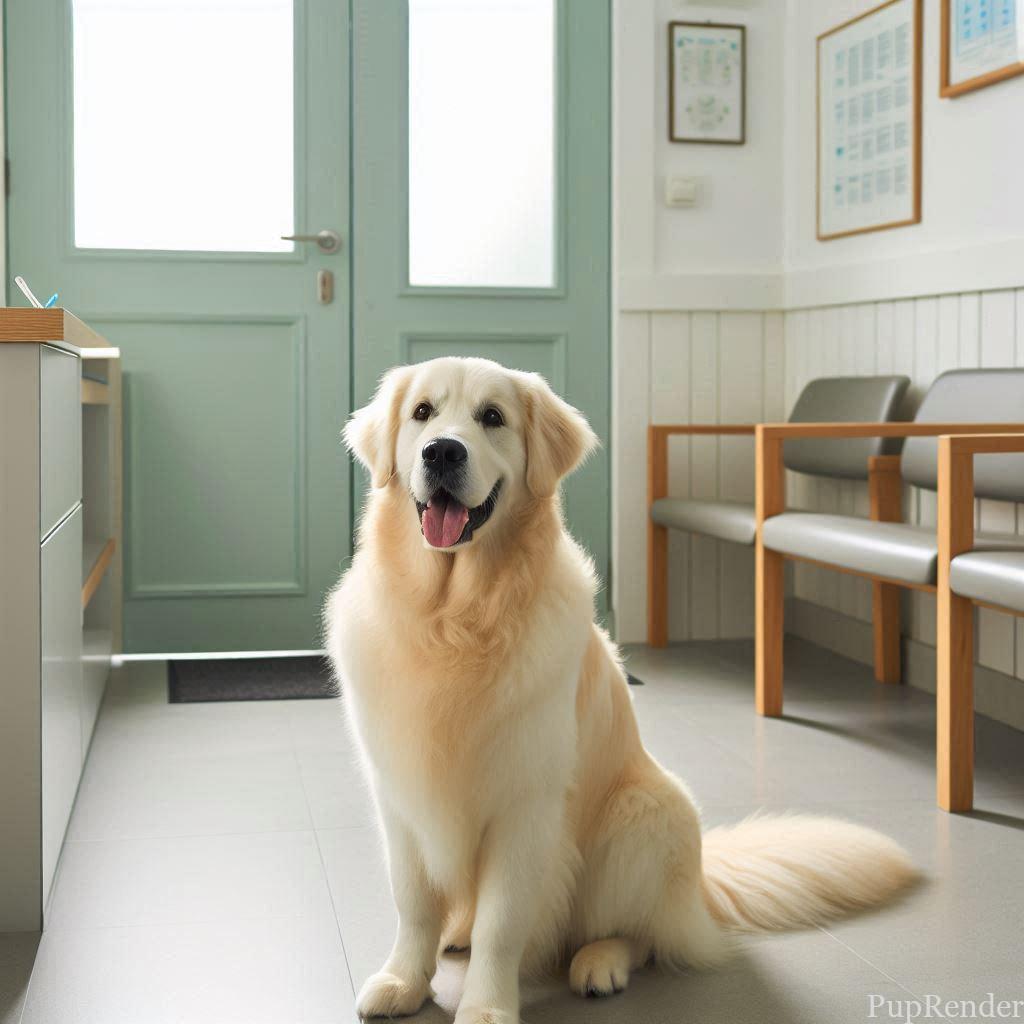Tips for Keeping Your Dog’s Teeth Healthy
A happy dog is a healthy dog, and part of keeping your furry friend in top shape is ensuring they have good dental health. Dog dental care is crucial but often overlooked by pet parents. Just like humans, dogs can suffer from gum disease, tooth decay, and bad breath if their teeth are not properly cared for. Below, we’ll dive into some dog dental health tips to keep your dog’s teeth healthy and sparkling!
Why Dog Dental Health is Important
Dental issues in dogs can lead to more serious health problems if left untreated. Bacteria from gum infections can enter the bloodstream, potentially causing heart, liver, and kidney issues. Regular oral care not only keeps your dog’s breath fresh but also promotes long-term overall health.

Brush Their Teeth Regularly
Brushing your dog’s teeth is the most effective way to remove plaque and prevent gum disease. Start early, so your dog gets used to the routine, and use a toothpaste formulated for pets, as human toothpaste can be harmful to dogs.
Try to brush your dog’s teeth at least two to three times a week, but daily brushing is ideal for maintaining dental health.
Learn how to train your dog to be calm during grooming in our guide on How to Teach Your Dog to Stay Calm During Grooming.

Provide Dental Chews and Toys
Dental chews are a great way to help clean your dog’s teeth. Chewing helps massage their gums, scrape off plaque, and keep teeth strong. You can find a variety of dog dental chews specifically designed to promote dental health.
Some chew toys also double as dental aids by helping to clean your dog’s teeth as they chew.
For more tips on choosing the right toys for your dog, check out our post on The Best Dog Toys for Every Type of Pooch.
Schedule Regular Vet Checkups
Routine vet visits are essential to monitor your dog’s dental health. Your veterinarian will check for signs of periodontal disease, tooth decay, and other issues that could be lurking beneath the surface.
Discover the importance of regular vet checkups in our post, The Importance of Regular Vet Check-Ups.
For an authoritative source on veterinary care for dogs, you can also read the American Veterinary Medical Association’s guide to dog dental care.
Watch for Warning Signs
Keep an eye out for signs that your dog may be experiencing dental issues, such as:
- Bad breath
- Drooling or difficulty eating
- Red or bleeding gums
- Loose teeth
If you notice any of these signs, it’s essential to visit your vet to prevent further issues.
Want to ensure your dog is happy and healthy in other areas? Check out our post on 7 Things Every Dog Owner Should Do Daily.

Offer a Balanced Diet
A proper diet contributes to better dental health. Feeding your dog high-quality, crunchy kibble can help scrape off plaque. Avoid giving too many table scraps, especially sugary or starchy foods, which can promote plaque buildup.
For more on keeping your dog healthy through nutrition, read our post, Is Your Dog Getting the Right Nutrition?.
A Healthy Smile, a Happy Pup
Keeping your dog’s teeth healthy is essential for their overall well-being. Regular brushing, dental chews, vet checkups, and a balanced diet are key to ensuring your dog’s teeth stay strong and their smile bright!
To explore more about dog care, check out our post on Top 7 Health Tips Every Dog Owner Needs.





